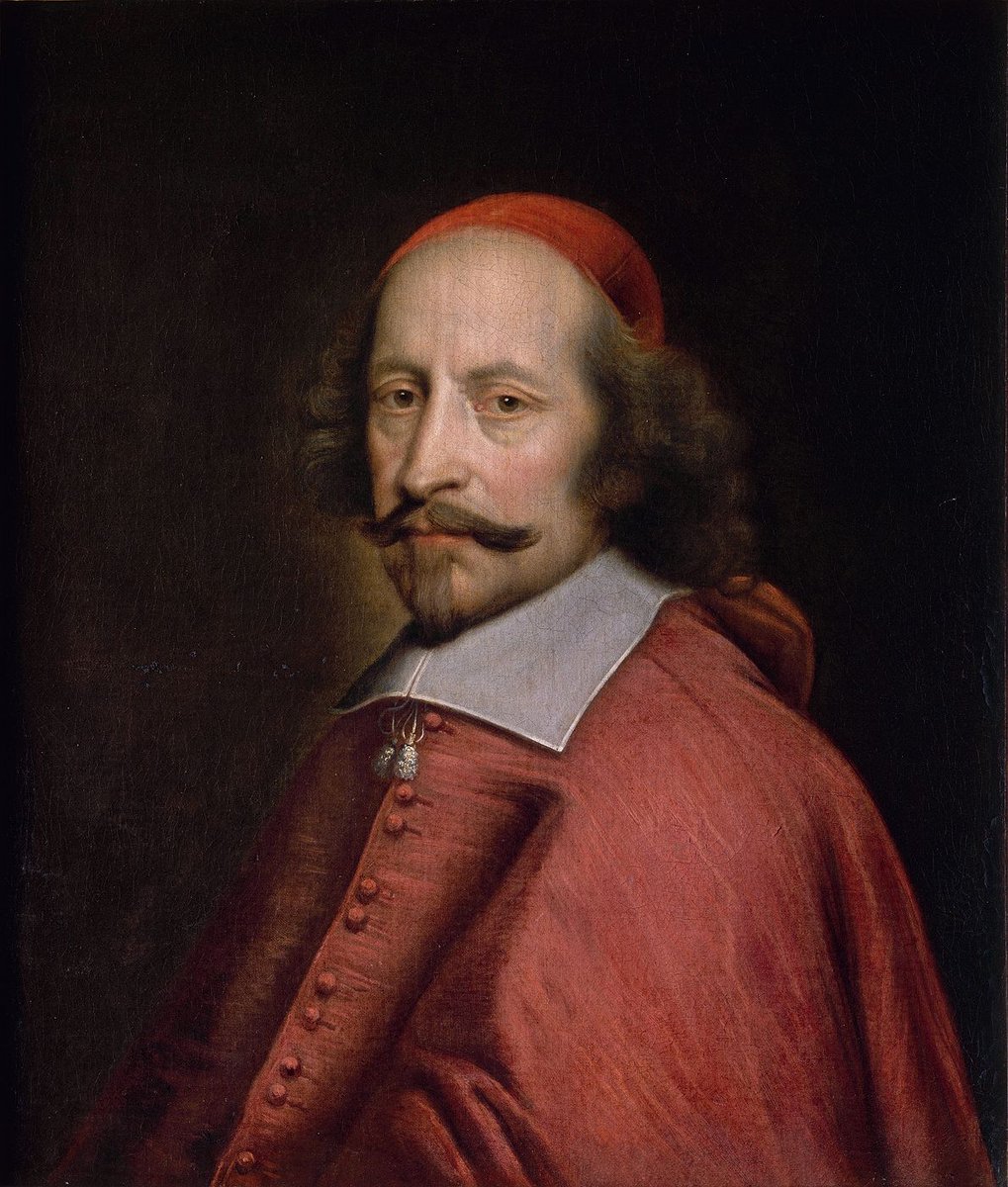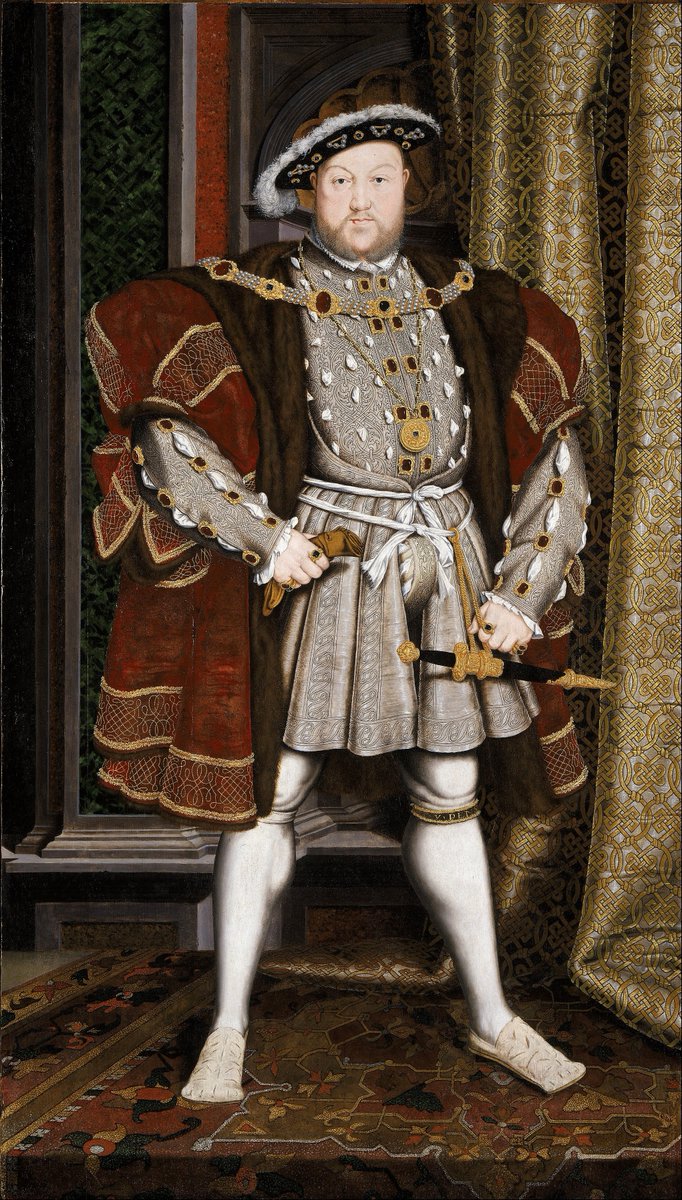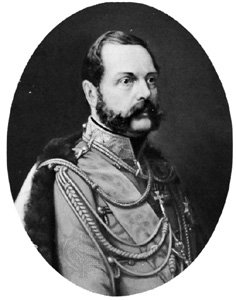
Rumoured to be the illegitimate son of a King, this young Prince would switch to the side of an enemy nation, when the enemy's capital was under siege. He would lead the resurgence of his new nation, but his student would break its back.
Story in the evening ...
Story in the evening ...
https://twitter.com/Arby_K/status/1366576585835356163
Eugene François de Savoie was born in 1663 to Eugene Maurice de Savoie, Count of Soissons, and Olimpia Mancini. Eugene belonged to a cadet branch of the House of Savoy, but their allegiance was to France. Olimpia was the niece of Cardinal Giulio Mazzarino. 1/10 

The Cardinal was the First Minister of France from 1642 to 1661. He was also the de facto ruler of France when King Louis XIV was a minor. The close attachment of King Louis and Olimpia led to a rumour that Louis was Eugene's father, a rumour which Louis denied. 2/10 

But Olimpia's role in Affaire des Poisons led her to flee France, leaving Eugene with his grandmother, Marie de Bourbon-Condé. In 1683, the King denied Eugene entry in the French army. His elder brother, Louis Jules, was at the time busy defending Vienna from the Ottomans. 3/10 

Eugene went to Vienna after his brother's death in battle. He was attached to the unit of Duke Charles Leopold de Lorraine. Young Eugene distinguished himself in battle as Vienna was freed from the siege and he received commendation from both his commander and the Emperor. 4/10 

The Habsburg counter attack led by Duke Charles brought the Hungarian capital Buda back to Habsburg rule in 1686, and was followed by victory at Mohács in 1687. Prince Eugene added more fame to his prowess. But injury at Belgrade and Mainz set him back. 5/10 

The War of the Grand Alliance saw the Prince join his second cousin, Duke Victor Amedee of Savoy. But vary of increasing Habsburg influence in Savoy, the Duke changed sides and the Prince had nothing much to write home about from the war. 6/10 

Eugene was back at the eastern front in 1697. As the Ottomans marched to recover Transylvania, the Habsburg forces intercepted them at Zenta and the Prince led them to a great victory. The war would formally conclude in 1699, initiating the long collapse of Ottoman Empire. 7/10 

The death of King Carlos II of Spain led to a succession war between the French Bourbons and the Habsburgs. Eugene presided the Imperial War Council and achieved victories at Blenheim, Oudenarde, Malplaquet & Turin, at times in partnership with Duke Churchill of Marlborough. 8/10 

The Habsburgs gained all the Spanish possessions in Europe, except Spain which went to a junior line of the Bourbons. France were the dominant power in Europe till 1700, but Eugene brought back Habsburg power. Duke Victor Amedee became King and so did the Duke of Prussia. 9/10 

Soon, Eugene was up against the Ottomans, with victories in Petrovaradin in 1716 and Belgrade in 1718. He was on call as a diplomat in the 1720s, but was called on for one last war, over Poland, where a young Prussian Prince named Friedrich learnt the art of war from him. 10/10 

• • •
Missing some Tweet in this thread? You can try to
force a refresh















